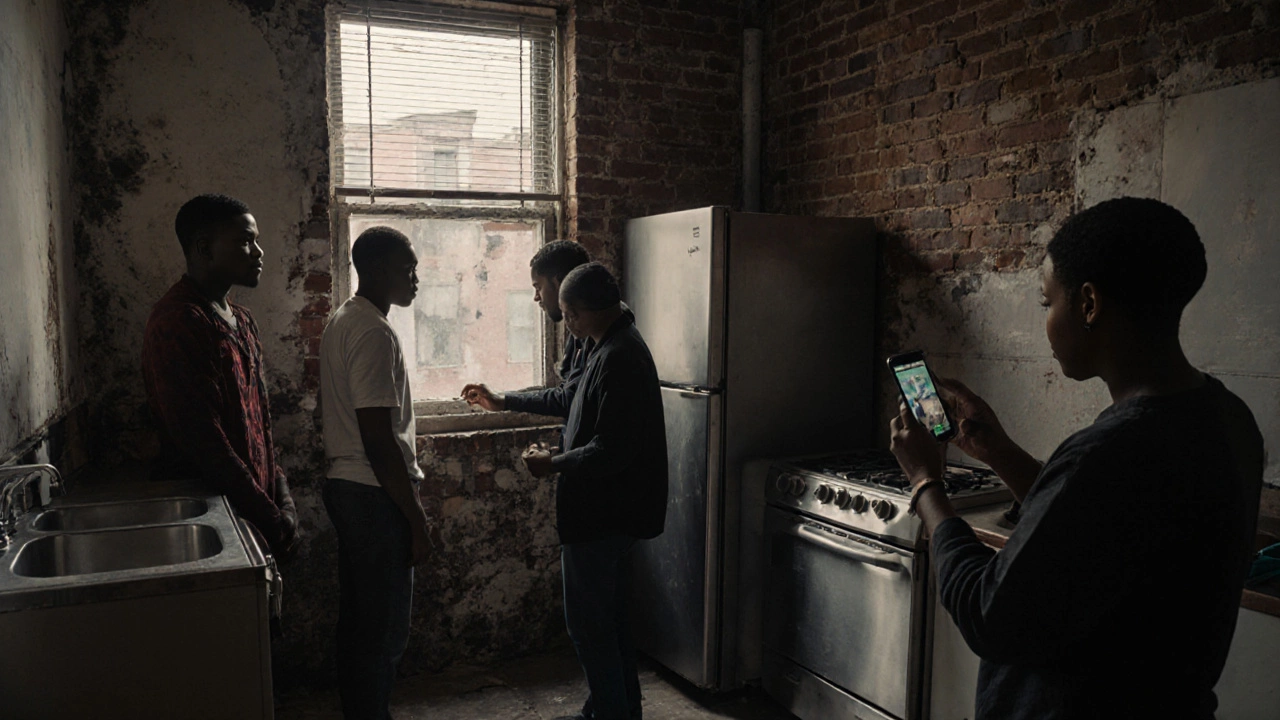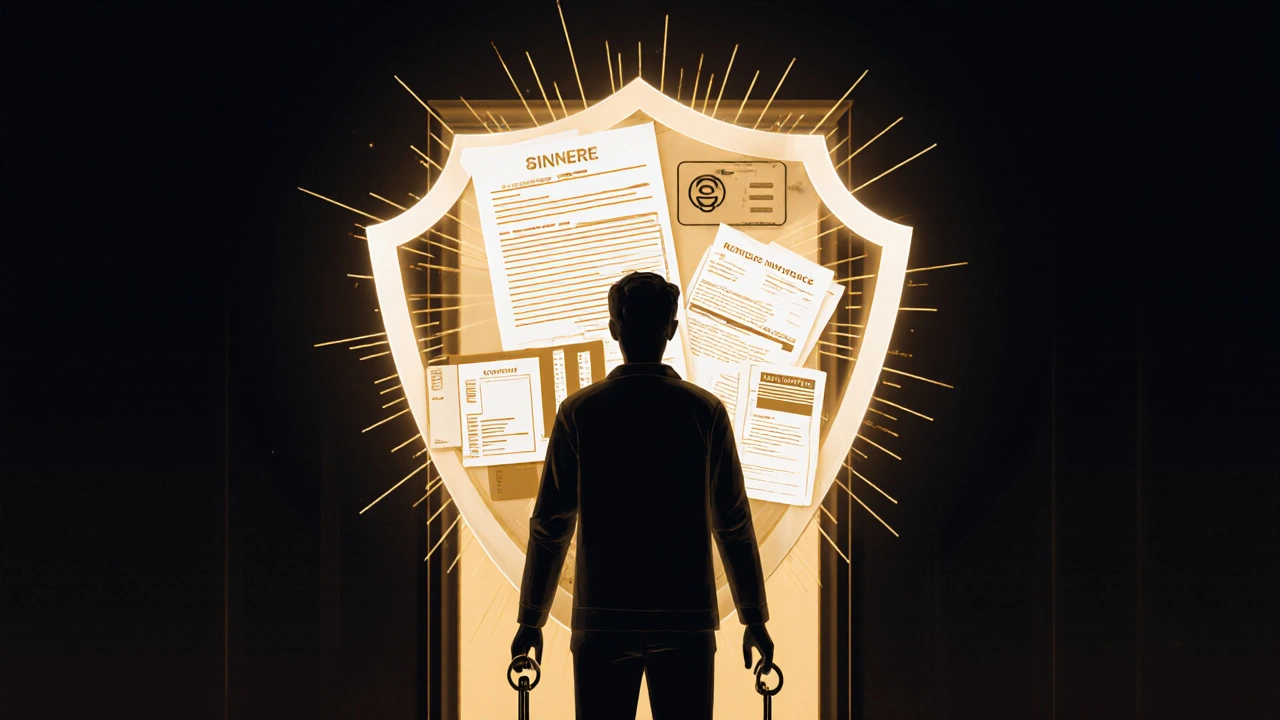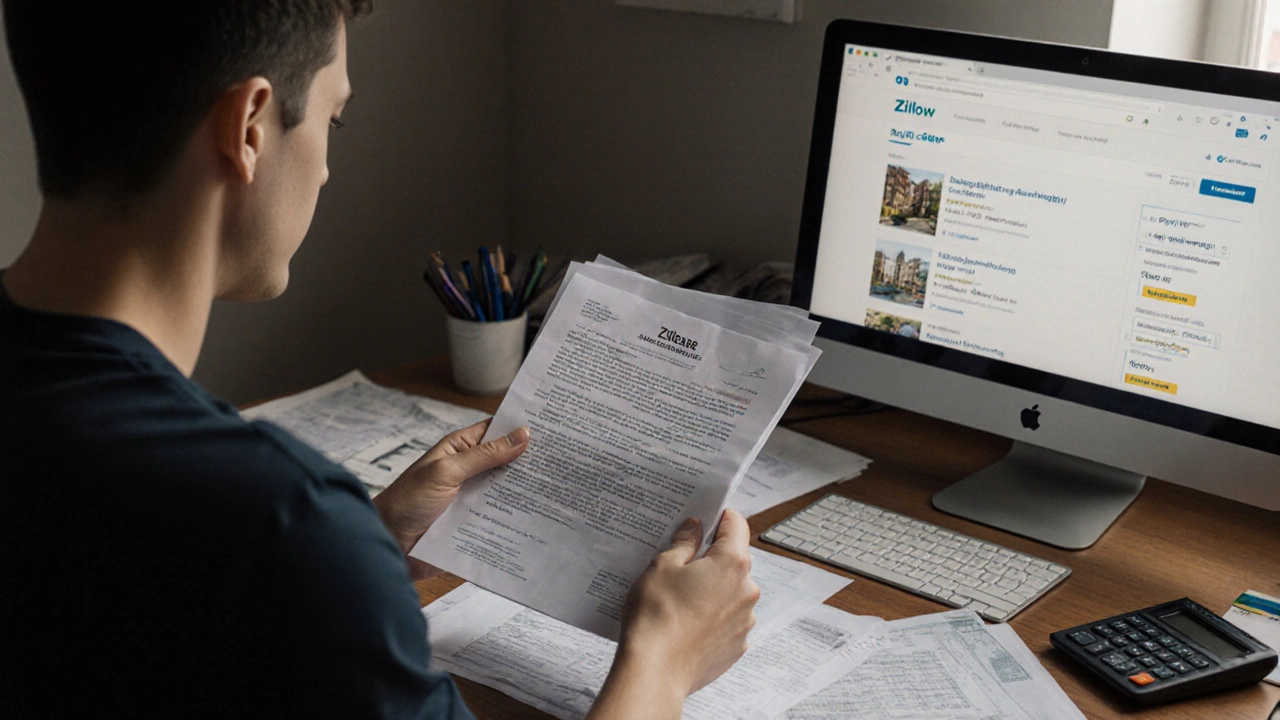Rent Affordability Calculator
Calculate Your Affordable Rent
Determine what rent you can afford based on income requirements and monthly costs
Affordability Assessment
Based on your incomeAdditional Costs to Consider
Finding an apartment in the USA isn’t like booking a hotel. It’s a process with rules, paperwork, and surprises that can catch even experienced renters off guard. If you’re new to the country-or just new to renting here-you need to know what to expect before you sign anything. This isn’t about luxury buildings or trendy neighborhoods. This is about getting a safe, legal, and affordable place to live without getting ripped off.
Start with your budget
Most landlords in the USA require that your monthly income is at least three times the rent. That’s not a suggestion-it’s a rule. If you’re making $3,000 a month, you won’t get approved for a $1,200 apartment unless you can prove you earn at least $3,600. Some cities like New York or San Francisco might push that to four times the rent. Don’t waste time applying to places outside this range. Use free online tools like Zillow or Apartments.com to filter by price and see what’s actually available in your target area. Remember: rent isn’t just the monthly payment. You’ll also pay for utilities, renters insurance (which costs $15-$25/month), and sometimes parking or pet fees.Know your credit and background check requirements
Landlords don’t just look at your bank account. They pull your credit report from Equifax, Experian, or TransUnion. A score below 620 makes approval harder. If you’re new to the US and don’t have a credit history yet, you’ll need a co-signer-usually a US citizen or permanent resident with good credit. Some landlords accept alternative proof like bank statements, pay stubs, or a letter from your employer. Background checks are standard too. A felony conviction or recent eviction can block you, even if you have the money. If you’ve had issues in the past, be upfront. Some smaller landlords will work with you if you offer a larger security deposit.Decide where you want to live
Location matters more than square footage. A 500-square-foot studio in downtown Chicago might be better than a 900-square-foot unit in a suburb with no public transit. Check if the neighborhood has grocery stores, pharmacies, and bus stops within walking distance. Use Google Maps to simulate your commute. Look up crime stats on sites like NeighborhoodScout or local police department websites. Avoid areas with high turnover-landlords who rent frequently often skip repairs. Talk to current tenants if you can. Ask: "Do they fix things fast?" and "Is the building secure?"Search smart, not just hard
Don’t rely on Facebook Marketplace alone. Scams are common there. Stick to trusted platforms: Zillow, Apartments.com, Rent.com, and Craigslist (but verify everything). Real estate agents can help, but they usually work for landlords, not renters. If you’re moving from abroad, consider using a relocation service-they’ll handle viewings, paperwork, and even utility setup for a fee (usually $500-$1,500). Schedule at least three viewings in person. Look for water stains on ceilings, mold in bathrooms, broken locks, and if the heating works in winter. Take photos and videos during the tour. If the landlord won’t let you see the unit before paying a deposit, walk away.
Understand the lease
Leases in the USA are legally binding contracts. Most are for 12 months. Some offer 6-month or month-to-month options, but those often cost more. Read every line. Watch for hidden fees: application fees (usually $50-$75), administrative fees, pet deposits, cleaning fees. Some leases ban guests staying over 14 days. Others require you to get permission to paint the walls. The security deposit is typically one month’s rent and must be returned within 21-45 days after you move out, depending on the state. Landlords can deduct for damage beyond normal wear and tear-but not for dirty carpets or minor scuffs. Get a move-in checklist signed by the landlord. That’s your proof you didn’t break anything.Pay the right way
Never pay in cash unless you get a signed receipt. Use bank transfers, certified checks, or money orders. Avoid apps like Venmo or Cash App for rent payments-they don’t create a legal record. Always get a receipt that says "Rent Paid for [Month]" and includes your name, address, and the landlord’s signature. Some landlords use online portals like Cozy or Rent.com to collect rent. These automatically send you a payment confirmation. Keep copies of every payment for at least two years.Set up utilities and services
Electricity, gas, water, and internet are usually not included in rent. You’ll need to set them up in your name. Call providers at least a week before moving in. Some apartments have bundled internet deals-you can save money by choosing the landlord’s provider. But check the speed and contract terms. If you’re on a visa, you might need a US address and a Social Security Number to open a phone plan. Prepaid carriers like Mint Mobile or Cricket work without a credit check. Don’t forget renters insurance. It costs less than a coffee a day and covers your stuff if there’s a fire, theft, or water leak. Most landlords require it.
Move in and document everything
When you get the keys, do a walk-through with the landlord. Take timestamped photos of every room, especially any damage you find-scratches on floors, broken tiles, stained carpets. Fill out a move-in inspection form if one is provided. If not, create your own. Send it to the landlord via email. This protects you when you move out. If something breaks during your stay, report it in writing. A text message isn’t enough. Use email or a formal notice. Keep copies. Landlords are legally required to make repairs in a "reasonable time"-usually 14-30 days for non-emergencies. If they don’t, you may have legal options depending on your state.Know your rights
Federal law protects you from discrimination based on race, religion, gender, or disability. Some states add protections for source of income (like Section 8 vouchers) or marital status. Landlords can’t kick you out without a court order-even if you’re late on rent. They must give you 3-30 days to pay or leave, depending on the state. If they turn off your heat or change the locks, that’s illegal. Document everything. Contact your local tenant union or legal aid office if you’re being harassed. Most cities have free housing counselors who can help you understand your lease and rights.What to do when you move out
Clean thoroughly. Remove all trash, scrub the kitchen, vacuum carpets, and wipe down windows. Take final photos. Return all keys, garage door openers, and mailboxes. Send a forwarding address in writing. Your security deposit should arrive within 21-45 days. If you don’t get it, or if you’re charged for normal wear and tear, send a formal demand letter. If they still refuse, you can file a small claims case. In most states, you can sue for up to $10,000 without a lawyer. Keep your receipts for cleaning supplies and repairs-you might need them as proof.Can I rent an apartment in the USA without a Social Security Number?
Yes, but it’s harder. Landlords typically ask for a Social Security Number to run a credit check. If you don’t have one, you can offer a co-signer, provide bank statements showing consistent income, or pay a larger security deposit. Some landlords accept an Individual Taxpayer Identification Number (ITIN) instead. International students often rent with a letter from their university or proof of scholarship funding.
Is renters insurance required in the USA?
It’s not required by federal law, but most landlords make it a condition of the lease. It’s cheap-usually $15 to $25 a month-and covers your belongings if there’s a fire, theft, or water damage. It also includes liability protection if someone gets hurt in your apartment. Skipping it puts you at financial risk. Even if your landlord doesn’t require it, it’s still a smart move.
How long does it take to get approved for an apartment in the USA?
Approval usually takes 2-5 business days. The delay comes from credit checks, employment verification, and background screenings. If you’re missing documents-like pay stubs or a reference letter-it can take longer. Some property management companies offer same-day approval if you have strong credit and all paperwork ready. Applying during weekends or holidays can slow things down.
Can I negotiate rent in the USA?
Yes, especially if the unit has been vacant for more than two weeks or if you’re signing a longer lease. Landlords prefer stable tenants. You can ask for a $50-$100 monthly discount if you pay rent on time, sign a 12-month lease, or agree to take care of minor maintenance. Offering to pay 3-6 months upfront can also get you a lower rate. Don’t be afraid to ask-it costs nothing.
What’s the difference between a studio, 1-bedroom, and efficiency apartment?
A studio has one open room for living, sleeping, and sometimes cooking. A 1-bedroom has a separate bedroom with a door. An efficiency is like a studio but smaller-often under 400 square feet-with a kitchenette (mini fridge, single burner) instead of a full kitchen. Studios and efficiencies are common in big cities where space is limited. 1-bedrooms are more common in suburbs and offer more privacy.
If you’re moving to the USA from another country, the rental process can feel overwhelming. But it’s not impossible. The key is preparation. Know your budget, gather your documents, understand your rights, and never rush a signing. The right apartment is out there-you just need to avoid the traps.

